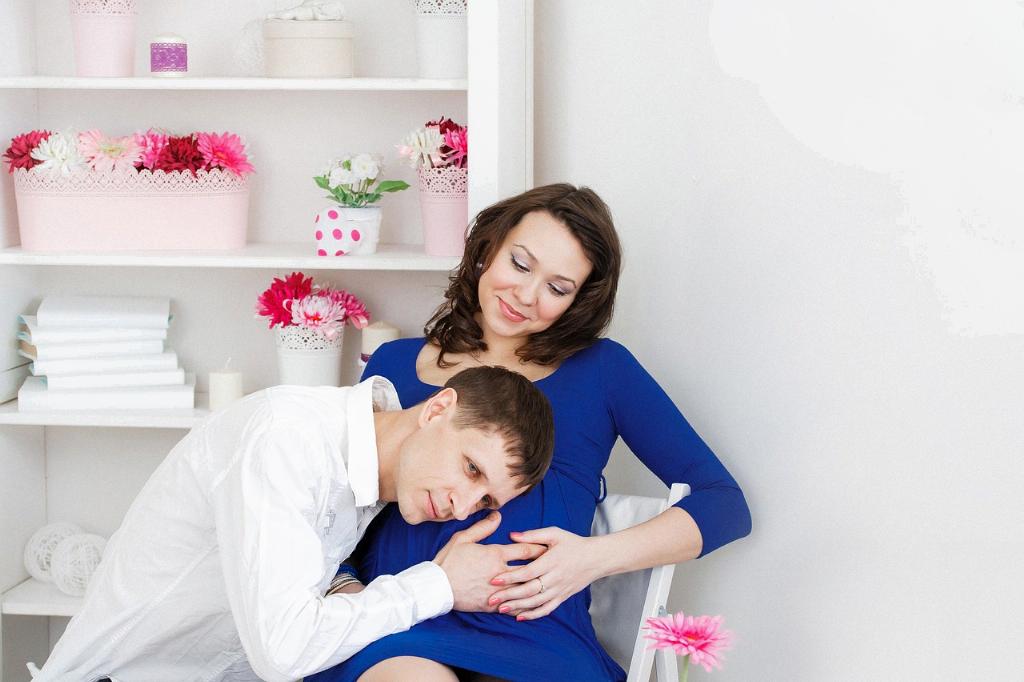One of the earliest signs of pregnancy that many women experience is fatigue. This overwhelming sense of tiredness can hit you like a ton of bricks, leaving you wondering when exactly it all begins.
Early Onset: Week One
Believe it or not, pregnancy fatigue can rear its head as early as the first week after conception. Yes, you read that right – just one week in and you may already start feeling the effects of exhaustion.
Weeks 1-12: Early Pregnancy
As you progress through the first trimester, the fatigue can become even more pronounced. It’s not uncommon for women to feel tired and drained during the initial 12 weeks of pregnancy, with energy levels taking a sharp dip.
Causes of Pregnancy Fatigue
There are several factors that contribute to the fatigue experienced during pregnancy. Hormonal changes, increased blood production, and the body working overtime to support the developing fetus are all reasons why you may feel more tired than usual.
Listen to Your Body
During pregnancy, it’s crucial to listen to your body and give yourself the rest you need. If you’re feeling tired, don’t push yourself too hard. Take breaks, nap when necessary, and prioritize self-care to combat fatigue.
Managing Pregnancy Fatigue
While fatigue in pregnancy is common, there are ways to manage it. Eating a healthy diet, staying hydrated, exercising moderately, and ensuring you get enough rest can all help alleviate feelings of exhaustion during this time.
Seeking Support
Don’t hesitate to reach out for support if you’re struggling with extreme fatigue during pregnancy. Your healthcare provider can offer guidance, suggest lifestyle changes, and provide tips for managing your energy levels.
The Second Trimester Boost
Many women find that their energy levels pick up during the second trimester, providing some relief from the constant fatigue experienced in the early stages of pregnancy. This surge in energy is often referred to as the “honeymoon phase” of pregnancy.
Final Stretch: Third Trimester
As you approach the final weeks of pregnancy, you may notice fatigue creeping back in. The physical strain of carrying a growing baby, along with the anticipation of labor and delivery, can contribute to increased tiredness during this time.
Preparing for Parenthood
Use the experience of pregnancy fatigue as an opportunity to prepare for the demands of parenthood. Learning to listen to your body, prioritize rest, and seek support when needed are valuable skills that will serve you well once your little one arrives.
Embracing the Journey
While pregnancy fatigue can be challenging, it’s important to remember that it’s a normal part of the journey to motherhood. Embrace the highs and lows, listen to your body, and trust that you’re doing the best you can for both yourself and your baby.

